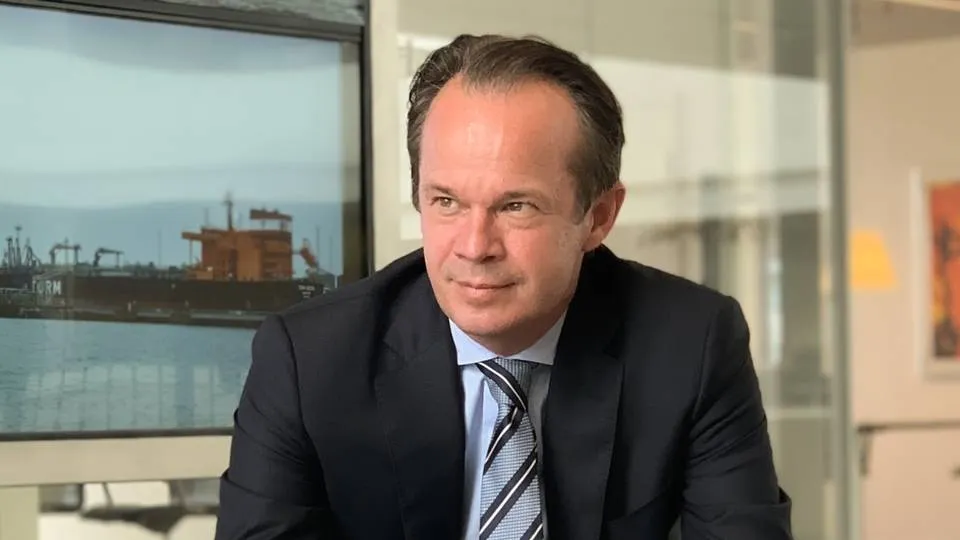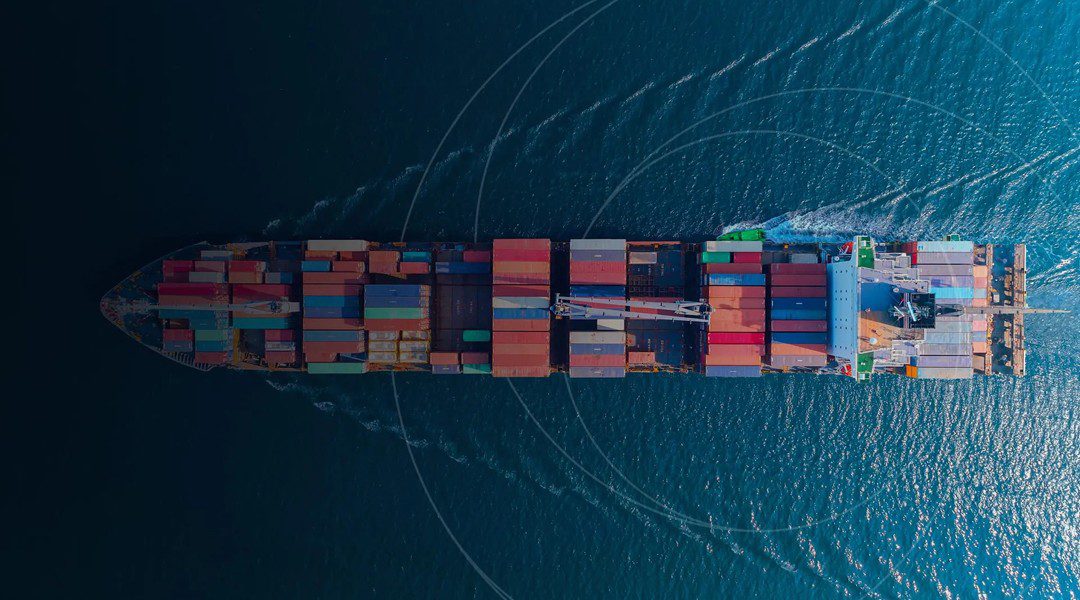
Opinions are divided in terms of how the product tanker market should develop this year and in the years to come due to a massively increased global pressure on fossil fuels from green energy technologies.
Did global demand for oil peak in 2019? Or will both the oil production and demand pick up its former speed towards the end of 2021 once the corona fog clears and vaccine roll-outs make it possible to reopen global economies?
Long-term, we also have to consider what is logical for us to do on top of what we already do
Jacob Meldgaard, CEO, Torm
“We currently have a core business towards our customers in product tanker. With time – donning the long-term glasses – the need for transporting fossil fuels will inevitably decline. Long-term, we also have to consider what is logical for us to do on top of what we already do,” says Jacob Meldgaard, CEO of Torm, in an interview with WPO.
Pressure on demand
Torm competitor Maersk Tankers recently told WPO that the tanker market is under pressure. In addition to the pandemic and pressure from shut down economies, the pressure is also caused by political climate targets to reduce emissions of harmful greenhouse gases.
“The world is headed in that direction, and while I think oil will continue to play a role going forward, demand will come under pressure. The positive thing right now is that no new ships are being ordered, because there’s uncertainty in terms of the new types of marine fuel. That also means that access to capital is not straightforward. Shipping is sailing towards a greener future, which is good for the world,” Christian M. Ingerslev, CEO of Maersk Tankers, told WPO.
I don’t feel that we’re standing on a burning platform
Jacob Meldgaard, CEO, Torm
Maersk Tankers is therefore working to expand its traditional tanker business with additional business legs that can compensate for the lost incomes from the current core business. One such initiative includes the recently announced collaboration with commodity trader Cargill about a joint bunker procurement service for carriers operating within bulk and tanker as well as commodity traders.
Meldgaard mostly agrees with the Maersk Tankers chief executive “when donning the long-term glasses.”
“I don’t feel that we’re standing on a burning platform. It’s obvious that we as a company must strategically examine how to become greener. That’s our ambition. It’s something we can do here and now to reduce our CO2 emissions from our own fleet. And in the very long term a need may arise to develop a new business leg concurrently with this transition towards greener energy. So I agree with the viewpoint,” says Meldgaard.
Torm CEO sees two tracks
He currently sees two tracks. One where Torm is able to do something on its own and has formulated climate targets ahead of 2030, and then a track where Torm must collaborate with other companies, governments as well research and development into the energy transition towards greener fuels and a greener energy value chain.
“My focus today is that we need 40 percent lower CO2 emissions in 2030. Today, we’re at 22 percent compared to baseline 2008. We wish to continue to do this correctly,” says Meldgaard about the first track.
The second track covers a longer-term perspective in which partnerships across the sector and with authorities are meant to create the change.
“When the entire value chain needs to change, it’s not up to the individual company,” he says.
“I don’t currently know the answer to that”
What will Torm transport in the long term if it’s not fossil fuels? What will the core business be?
“I don’t currently know the answer to that. We want to contribute our competencies and currently have a large degree of flexibility to solve our customers’ transport needs. Where is that need in the future? I don’t know that today, but we’ll continue to investigate it,” says Meldgaard.
“Some of the logical things could be offshore wind and Power-to-X. Something else could be the so-called carbon capture technology, in which the current value chain within energy remains intact but where you ensure that the current energy forms no longer emit the same levels. In that case, we don’t have to build a new energy infrastructure but instead capture CO2 emissions.”
And that is music to the Torm executive’s ears. In the short term, he is hard at work, trying to safeguard Torm’s traditional core business area – transporting refined oil products. This focus includes a just announced acquisition of eight MR product tankers from Team Tankers with a total price of USD 137.5 million.
At the same time, he predicts a market normalization towards the second half of the year, once the Covid vaccination programs have been sufficiently rolled out.
“Of course there may be some time lag, but the reopening of the societies in the developed economies will be where we see that there may be some improvements in the rate levels in our markets,” says Meldgaard.
Torm has not published a 2021 guidance.
English Edit: Ida Jacobsen
Torm books profit for 2020 despite red fourth quarter
Maersk Tankers launches yet another new business leg





